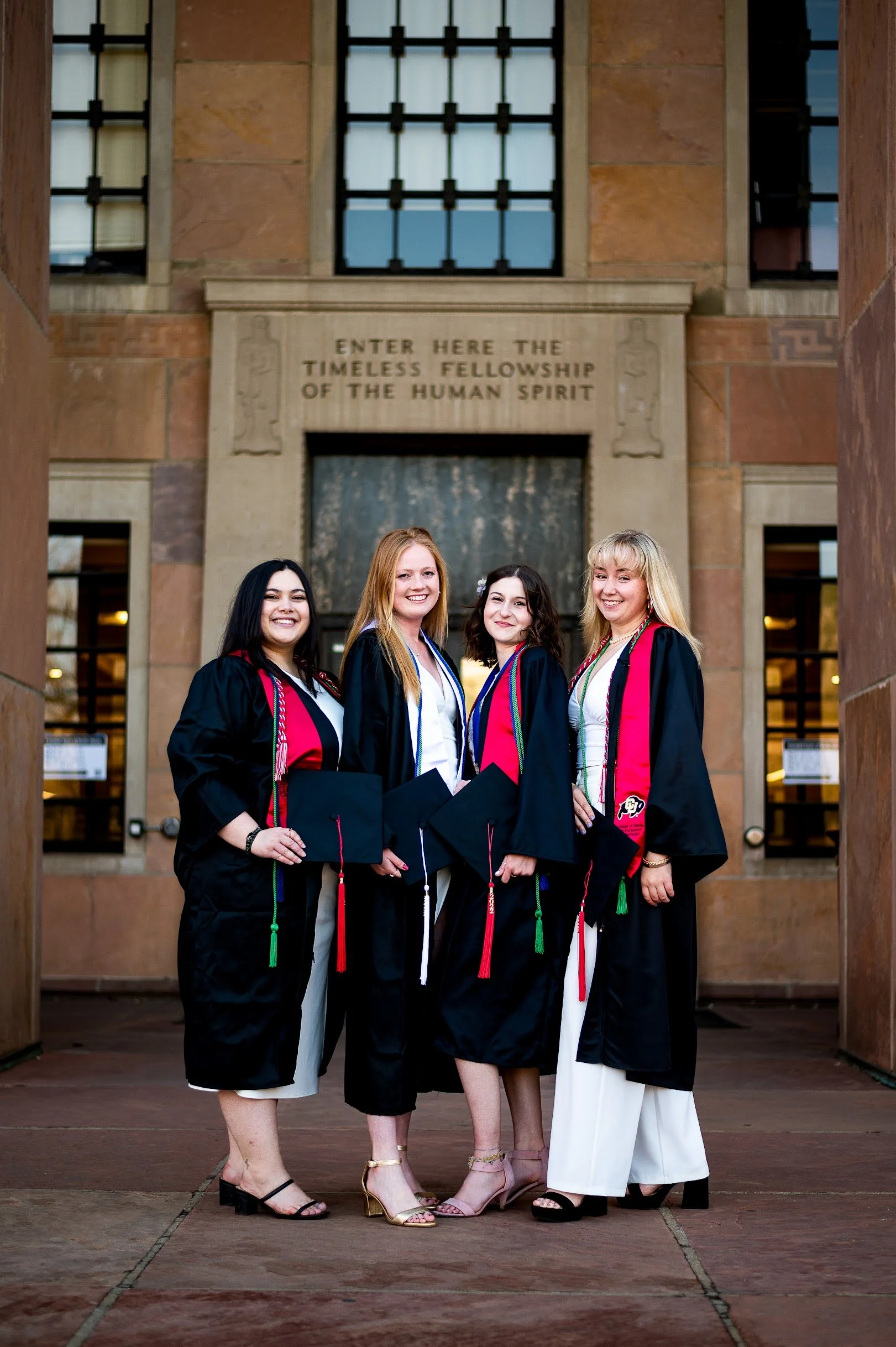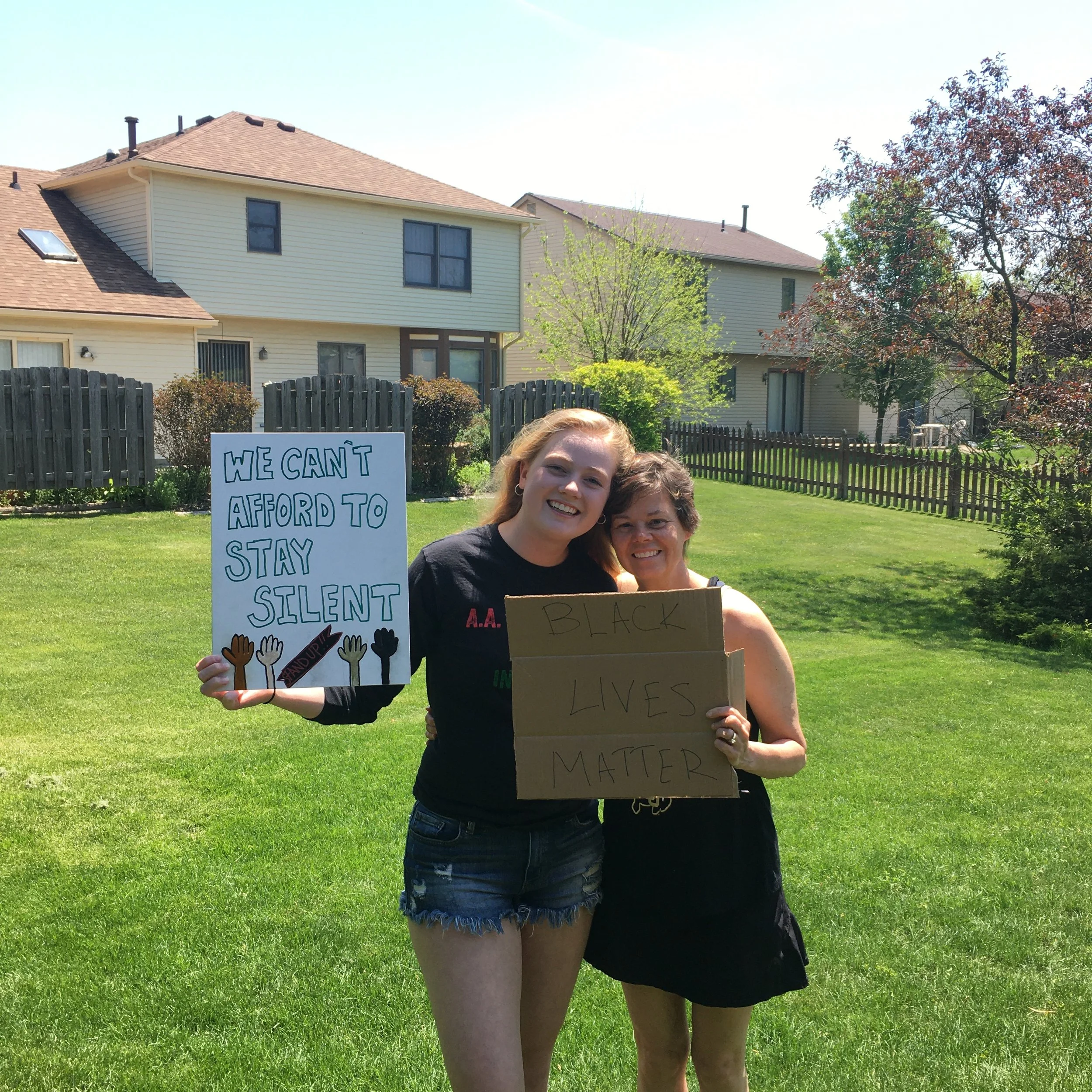Popping the Bubble
In University I was a double major in Creative Writing, and Women and Gender Studies. “Liberal Arts” when I’m being vague, or “Literature” when I’m talking to someone over the age of forty. People love to shit on WGST, but I stand by those classes being the most important throughout my education. However, after the last eight months in Spain, I’m starting to think these classes contained a gaping hole in their curriculum.
I’m from Ann Arbor, Michigan, a white, rich, and incredibly liberal college town. We had school walkouts, and protests, and our teachers encouraged us to use our voices. When I was fifteen, I declared myself an activist. I would live and die by any cause relating to social justice; screaming matches with my grandparents, or fights on Instagram, it was my way or the highway. Any and all conversations could somehow be related back to systemic racism, dismantling the patriarchy, or government corruption.
My first time truly outside of a liberal bubble was the summer of 2022, working as a raft guide in Buena Vista. Seasonal workers are typically people that love to be disconnected from society, living and breathing for the outdoors. We lived in tents, and vans, no cellphone service, no hot water, no problems. We talked about rafting, and kayaking, and sometimes paddle boarding. We kept it surface level. However, that was the summer that Roe v. Wade was overturned. I mistakenly assumed we were all on the same page in thinking that abortion is a human right. This led into various conversations, in which I discovered a huge portion of the people I was living at camp with had their open carry permits. For my non-Americans reading, this means I was surrounded by lots of guns. Then, came the conversation about vaccines. Just barely post Covid, and many of my coworkers were unvaccinated. Topic after topic, I wondered how I had gotten so close with these people without realizing that we had drastically different morals and values. And in all honesty, it made me like them less.
Part of the reason I wanted to move to Spain was to experience living in a society where things like healthcare, and education, are seen as a right, not a privilege. I assumed this meant that Spain was more progressive than the US. What I didn't expect was to walk into my school the first day and hear racial slurs thrown back and forth. All of my American friends had the same report from their various schools. Racism is normalized here. And it’s not just the students. Our coworkers talk badly about the students of color, refer to our Romani students as “Gypsies”, and turn a blind eye to the racist comments about the muslim students. One of my friends reported her students for giving her hand drawn swastikas. The school told her to relax.
The people that taught me to use my voice :)
In February I was given free reign to teach a class on any topic relating to the United States. I put together a presentation covering Juneteenth, and Indigenous Peoples Day. My thinking was that if we could openly talk about racism in the US, it would give me an opportunity to start a conversation about the microaggressions I had noticed from them. Six classes later, and there was a consensus. Americans are too sensitive. Racism doesn’t exist in Spain. My final class of the day, I had a student rip into me for using the phrase “people of color”. I tried to explain how in English it’s used as an umbrella term for black and brown people, to highlight a shared experience. He asserted that making a distinction based on race was racist in itself. I ended the class when another one of the students used the word “monkey”, and retreated to my office.
The more time I spend with Spanish people, the more I struggle with this topic. Convenience stores here are all labeled with a sign that reads “Alimentacion”. If you ask any American what it’s called, that’s what we’ll say. But Spanish people call them “Chinos” because they’re typically owned by Asian people. They make no distinction between Asia and China. It’s legal for police to stop anyone on the street and ask for their ID’s. I’ve noticed in my neighborhood - containing a high population of immigrants - it’s always the people of color stopped. Not once has a cop glanced twice at me, while my Mexican friend has been stopped several times. But when talking about racial bias with Spanish people, they’re adamant it doesn’t exist here. The Guardian recently published an article about police violence within my neighborhood, and when I showed it to my Spanish friends they were shocked. This is a one time thing, this doesn’t happen here.
2020
I recently had a multiday debate with some Spanish friends about the use of the n-word. I am a believer that if you’re not black, that word should never come out of your mouth. I’ve also lived my entire life in a country that has enslaved, tortured, and abused black people since its founding. Spanish history is not the same. I don’t think that makes it okay, but I’m learning to accept that our countries' differing historical backgrounds is what molds our perspectives on these topics.
If you’ve studied anything close to WGST, you’ve probably read Sara Ahmed’s A Killjoy Manifesto. The first time I read it, as a freshman, I loved it. This is how it should be. When I read it in my senior year, I argued that to be that extreme is exhausting, and unrealistic. After moving to Spain, I’m torn. Sara Ahmed doesn’t address what to do when your muslim student is defending his friend for calling him a terrorist. How do I stand by my values while also acknowledging that I live in a different culture? I am the outsider. And to pass judgment on their diction, and how they interact with each other feels ignorant. But to let these things slide can’t be the solution.
I will credit my Spanish community in being open to conversation. At home, unless I’m geared up for a full throw down, I avoid these topics. Here, my coworkers, my students, and my friends are always willing to engage. They’re receptive to hearing my thoughts and opinions, and are patient in explaining the context of their beliefs. They’ve taught me about the long term effects of the Spanish Civil War, and their families living under a dictatorship. While I will always struggle to understand ignorance surrounding social issues, the last few months have been a reality check for my own ignorance in moving here. In the early 1970’s the US was deep in second wave feminism. Meanwhile, in Spain “Schools were segregated, laws promoted female dependence on her husband (e.g., Catholic marriage, abolition of the divorce, and the criminalization of adultery)” (Moreno, pg. 22). To expect Spanish people to share my morals and values when generationally we’ve had drastically different experiences is not only unrealistic but unfair.
For twenty two years I’ve lived in the black and white, drawing a hard and fast line surrounding activism. And I recognize my own privilege for being able to peacefully live in the gray. But seeing what a culture looks like when it’s not nearly as polarised as my communities in the US, a space where cancel culture is rarely applied, has made me realize how narrow I’ve allowed my perspective to become. Madrid has forced me out of my echo chamber and into some incredibly uncomfortable situations, leaving me more confused than when I moved here. But I like to think this is what growth feels like, and that while I’m absorbing as much as I can from the people here, they’re learning something from me.


